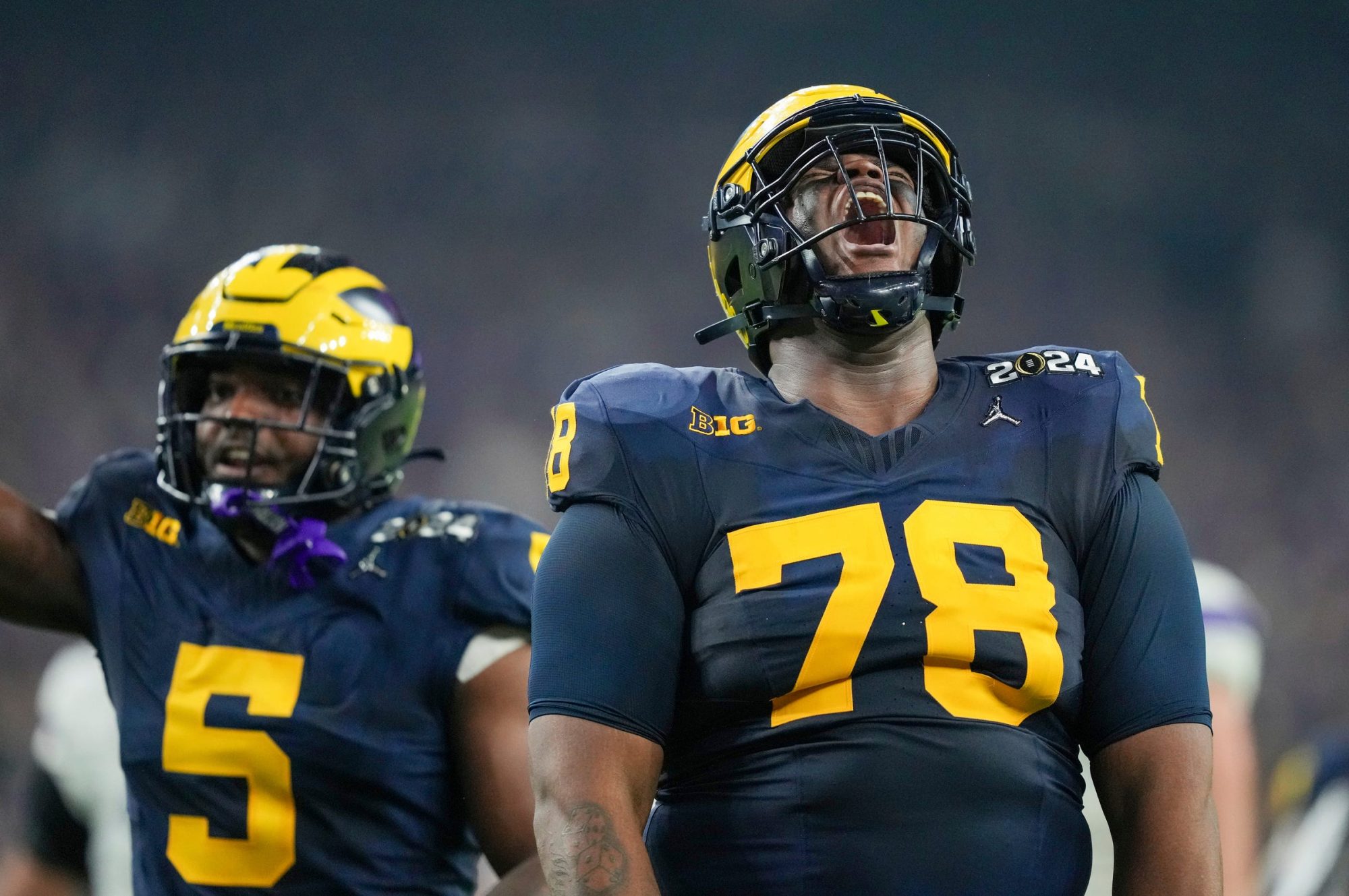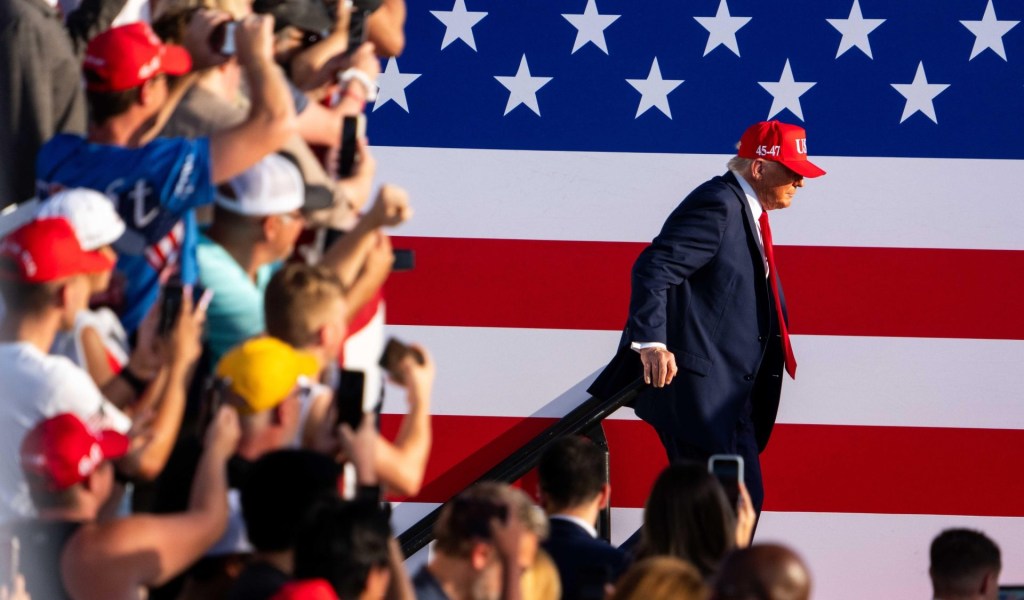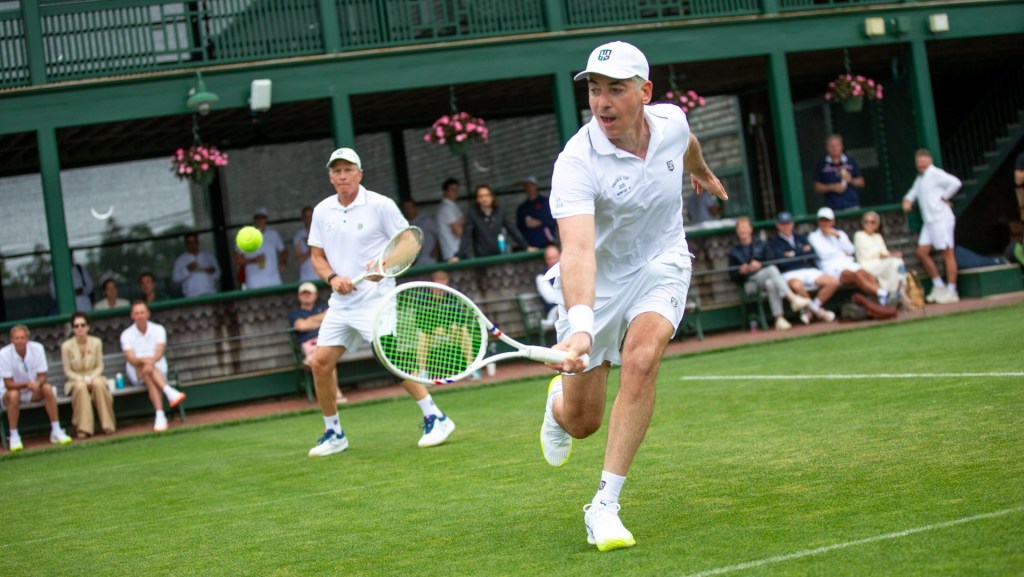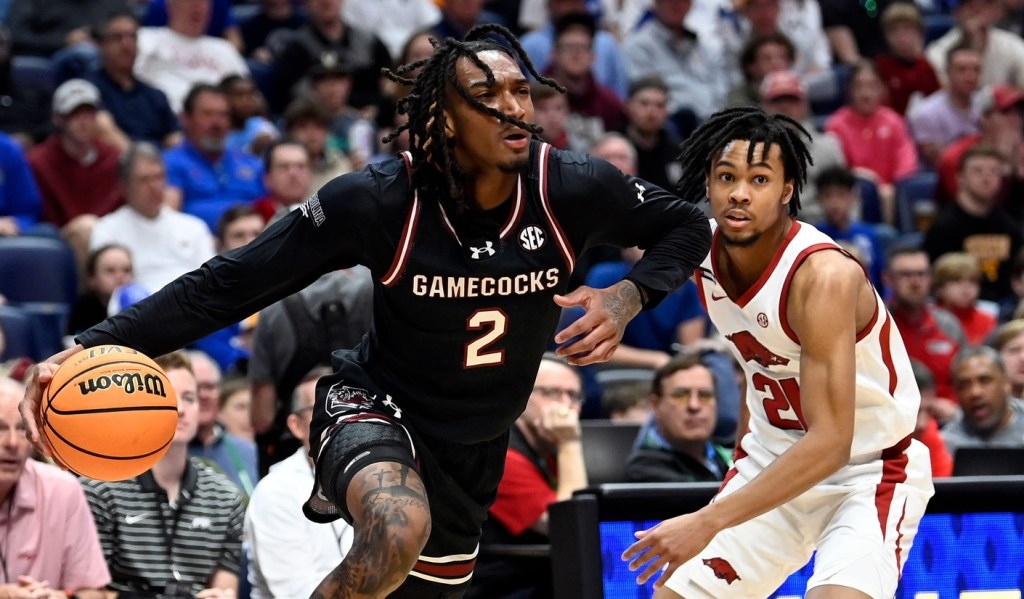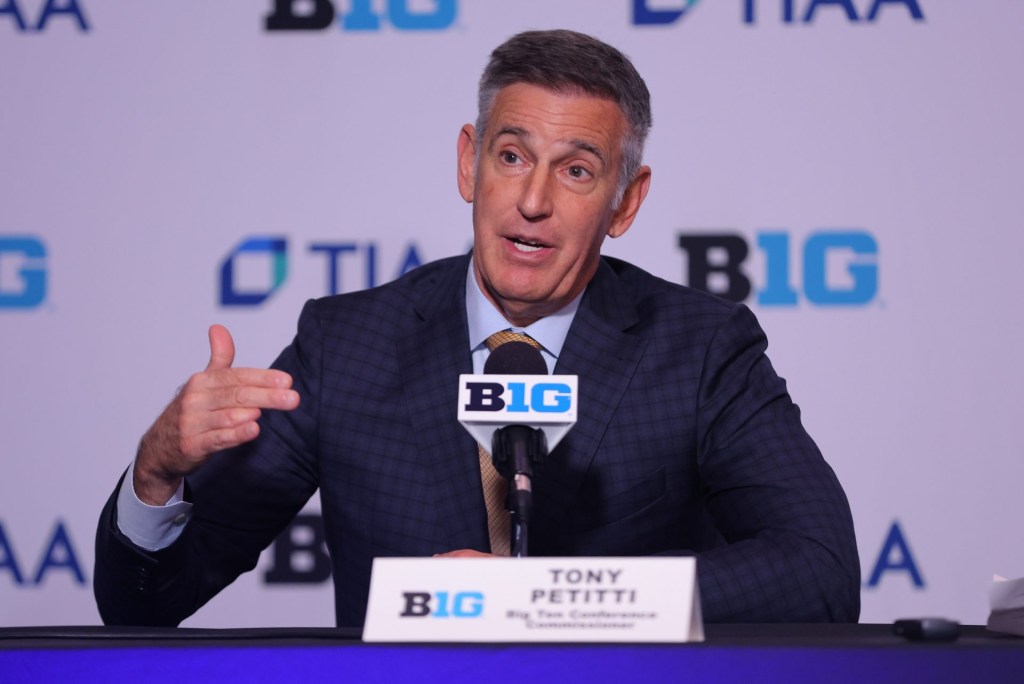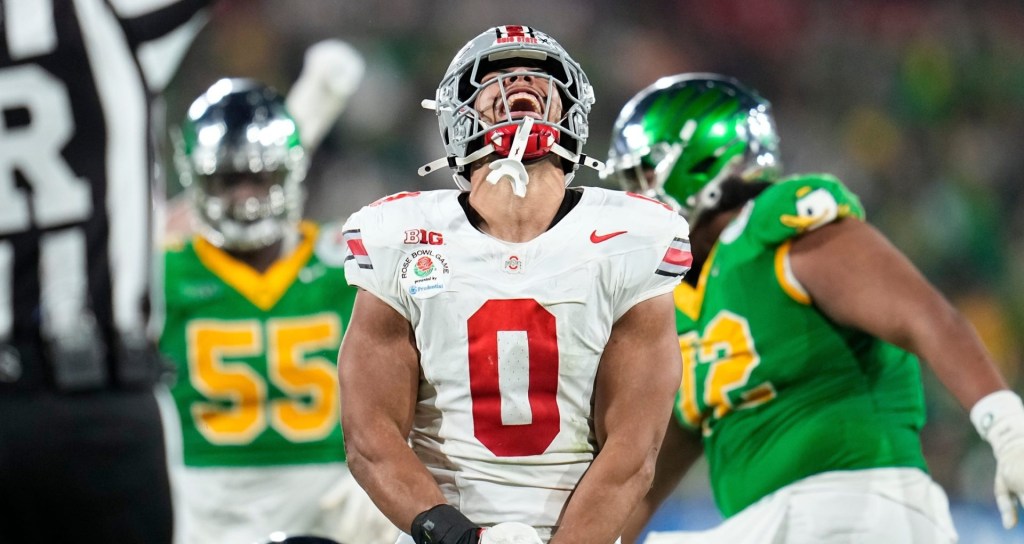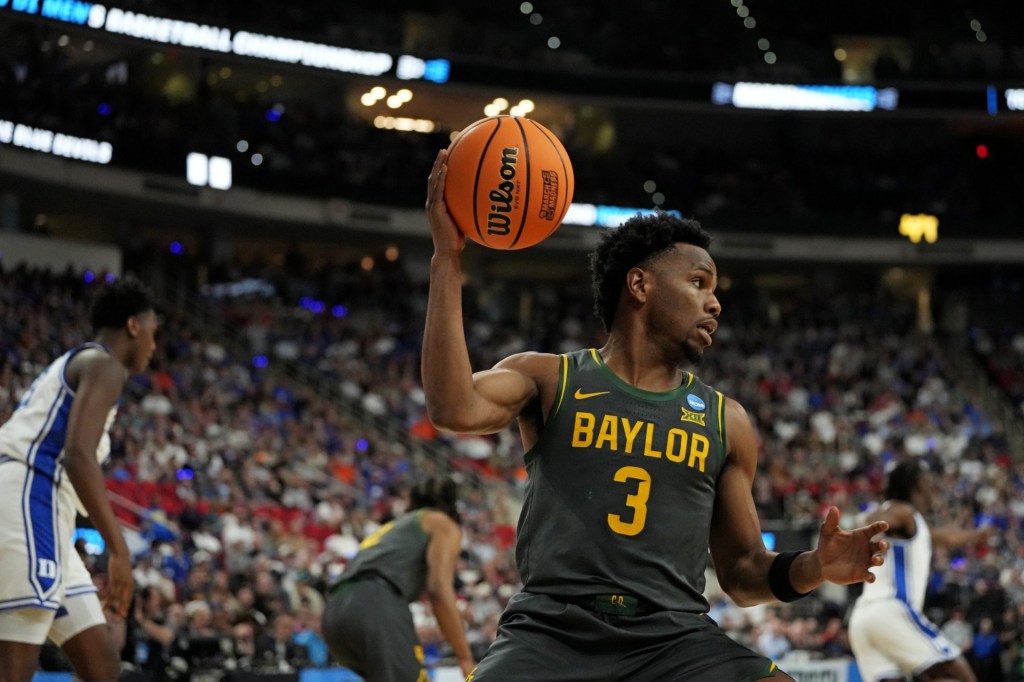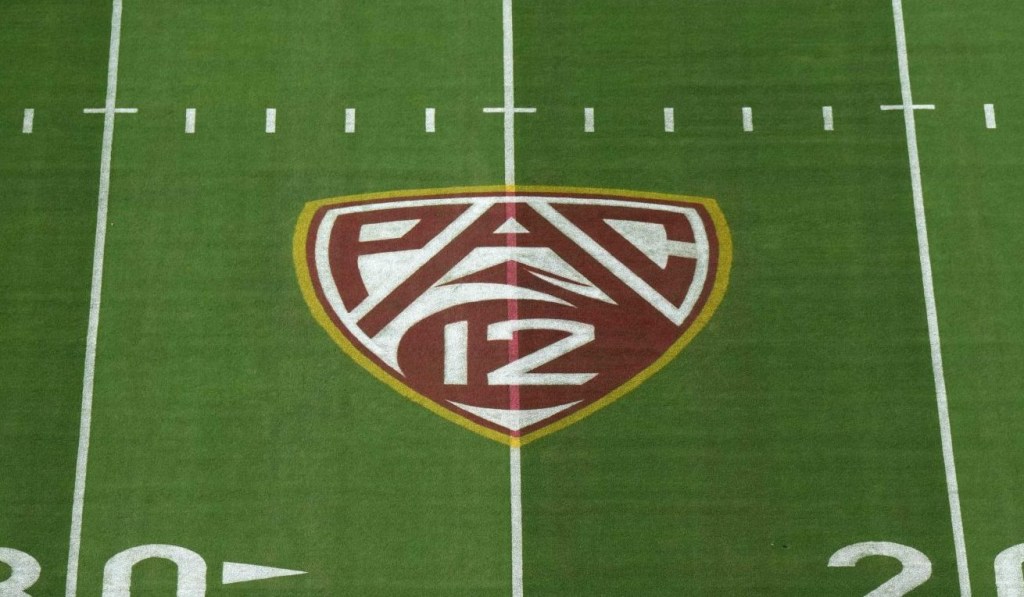It’s the NCAA’s worst nightmare: pay-for-play is here.
On Friday, Judge Clifton Corker in the Eastern District of Tennessee granted a preliminary injunction to plaintiffs—Virginia and Tennessee attorneys general—in a case over the legality of the NCAA’s restrictions on name, image, and likeness rules. The case was first filed in January.
The NCAA cannot enforce any NIL restrictions until the case is settled or goes to trial, including its original Interim NIL Policy. It also won’t be able to enforce its “rule of restitution,” which punishes athletes for following interim court decisions that are later reversed. The immediate effects of the ruling will likely be felt during the next transfer portal window between April 15 and April 30.
The scenario effectively allows pay-for-play to go forward uninhibited—but not everywhere. Athletes still must abide by state law, so if a state NIL law prohibits pay-for-play, an athlete must follow it. (Expect state legislators to strike down any restrictive laws to pave the way for a recruiting advance for their players.)
Other lawsuits have challenged amateurism more directly—suggesting athletes should be considered employees with the right to unionize. But this case provides the most immediate pathway to players getting compensated to play for a particular program.
The 13-page ruling focused on the relationship between boosters/NIL collectives and players. The NCAA prohibits the two parties from having conversations about deals before an athlete commits to a school—a rule that the court found to be likely an illegal restriction of trade.
“A judgment in favor of Plaintiffs at the conclusion of this lawsuit will not make student-athletes whole,” Corker wrote, adding: “Neither the NCAA nor any other affected individual or entity will face substantial harm with the issuance of an injunction, whereas, as explained above, student-athletes face irreparable harm.”
Irreparable harm is a key factor in choosing to award a preliminary injunction. In this case, the judge found that the NCAA’s rules were “stripping [athletes] of their negotiating leverage and blinding them to their true NIL value.” The decision reverses an earlier ruling, which only recognized potential monetary harm to players.
The ruling dismissed the NCAA’s usual arguments to preserve amateurism that have survived in court for decades, but they have recently been less successful in protecting the NCAA from antitrust scrutiny. “While the NCAA permits student-athletes to profit from their NIL, it fails to show how the timing of when a student-athlete enters such an agreement would destroy the goal of preserving amateurism,” Corker wrote. He also seemed to disagree with the idea that amateurism was a necessary component of college sports’ marketability.
“Turning upside down rules overwhelmingly supported by member schools will aggravate an already chaotic collegiate environment, further diminishing protections for student-athletes from exploitation,” the NCAA said in a statement. “The NCAA fully supports student-athletes making money from their NIL and is making changes to deliver more benefits to student-athletes, but an endless patchwork of state laws and court opinions make clear partnering with Congress is necessary to provide stability for the future of all college athletes.”
The NCAA will undoubtedly appeal this ruling, though it didn’t explicitly say so. However, it did make clear that its main priority is to get Congress to pass a law superseding all the litigation facing it. Appeals are generally possible in the state of Tennessee, though the type of appeal needed for this ruling—called an interlocutory appeal—is much more difficult to get than a normal appeal.
“We will litigate this case to the fullest extent necessary to ensure the NCAA’s monopoly cannot continue to harm Tennessee student-athletes,” Tennessee AG Jonathan Skrmetti said in a statement. “The NCAA is not above the law, and the law is on our side.”
